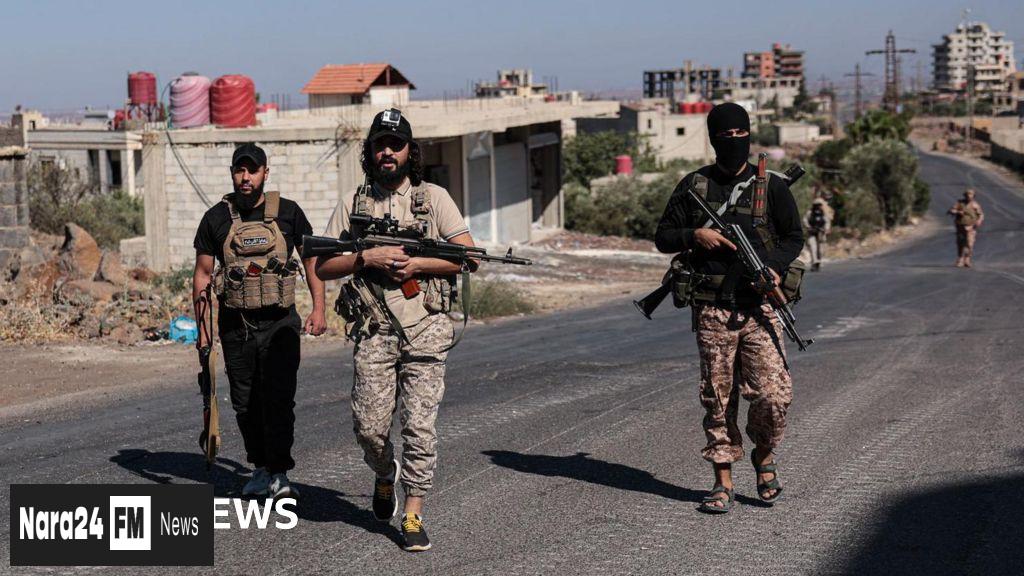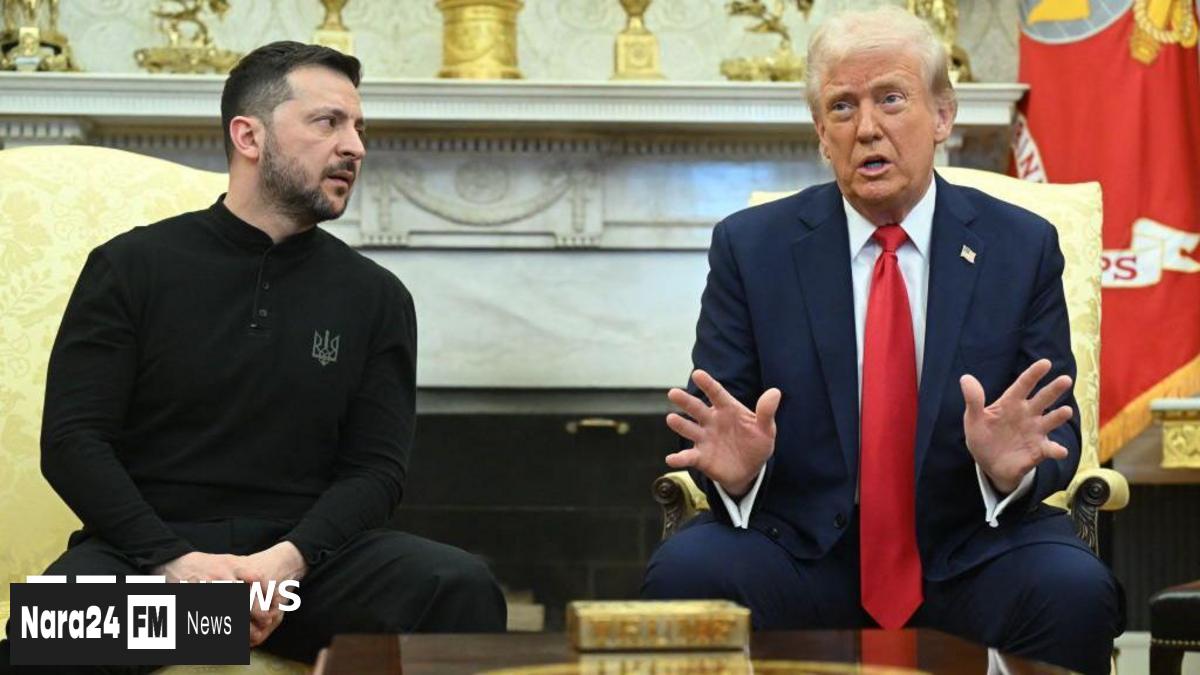In This Article
- Background of the Conflict
- International Reactions and Interventions
- Humanitarian Impact and Casualties
- Ceasefire Announcement and Conditions
- Future Prospects and Challenges
Key Takeaways
- The Syrian presidency has declared an immediate ceasefire in Suweida to stop sectarian violence between Bedouin tribesmen and the Druze community.
- The clashes have resulted in 940 deaths since Sunday, with both sides accused of committing atrocities.
- Syrian internal security forces have been deployed to Suweida with Israel's approval to protect the Druze community.
- Israel has expressed skepticism about Syria's pledge to protect minorities, citing ongoing violence.
- The international community is monitoring the ceasefire, with calls for unity and cooperation to end the bloodshed.
The Syrian presidency has declared an "immediate ceasefire" in the southern city of Suweida in an effort to halt a week of deadly sectarian violence that has claimed hundreds of lives. The clashes, primarily between Bedouin tribesmen and the Druze community, have led to chaotic gun battles in the streets, with both sides accused of committing atrocities. Graphic images from the scene show bodies scattered across the city.
"This moment requires unity of ranks and complete cooperation to overcome the challenges we face," stated Syria's interim president, Ahmed al-Sharaa. However, it remains uncertain whether the ceasefire will hold, as unverified reports on Saturday suggested that fighting had not ceased.
The announcement coincided with the deployment of Syrian internal security forces to Suweida, a move reportedly approved by Israel on the condition that Druze citizens are protected. The Druze community, which follows a unique faith derived from Shia Islam, is a minority in Syria and distrusts the Damascus government. They also reside in neighboring Israel and Lebanon.
Earlier this week, Israel intervened in the conflict, targeting Syrian government forces and the defense ministry building in Damascus in a show of support for the Druze. On Saturday, Israeli Foreign Minister Gideon Saar expressed skepticism about President Sharaa's renewed pledge to protect minorities in Syria. In a social media post, Saar described it as "very dangerous" to be part of a minority in Syria, citing ongoing violence over the past six months. He urged the international community to ensure the security and rights of these groups.
According to the UK-based Syrian Observatory for Human Rights (SOHR), the violence has resulted in 940 deaths since it began on Sunday. The clashes initially erupted between Bedouin fighters and Druze factions before drawing in government security forces sent to quell the unrest.
US Ambassador to Turkey, Tom Barrack, first announced on Friday that Syria and Israel had agreed to a ceasefire, with support from neighboring countries such as Turkey and Jordan. However, Israel has yet to officially confirm the agreement. Barrack, who also serves as Washington's Special Envoy for Syria, called on Druze, Bedouins, and Sunnis to "put down their weapons" and work together to build a peaceful and unified Syrian identity.
BBC Middle East correspondent Lina Sinjab, reporting from Syria, noted that violence against the Druze is spreading across the country. Earlier this week, UN Human Rights Chief Volker Türk warned of widespread violations during the clashes, including summary executions and arbitrary killings in Suweida. Türk attributed these actions to various groups, including security forces, interim government affiliates, and local armed elements from both the Druze and Bedouin communities.
In his remarks on Saturday, President Sharaa emphasized his government's commitment to protecting all minorities and holding accountable those responsible for the violence. "No one will escape accountability," he declared.
The situation in Suweida remains tense as the international community watches closely to see if the ceasefire will bring an end to the bloodshed.








Comments (0)
Leave a Comment
Be the first to comment on this article!